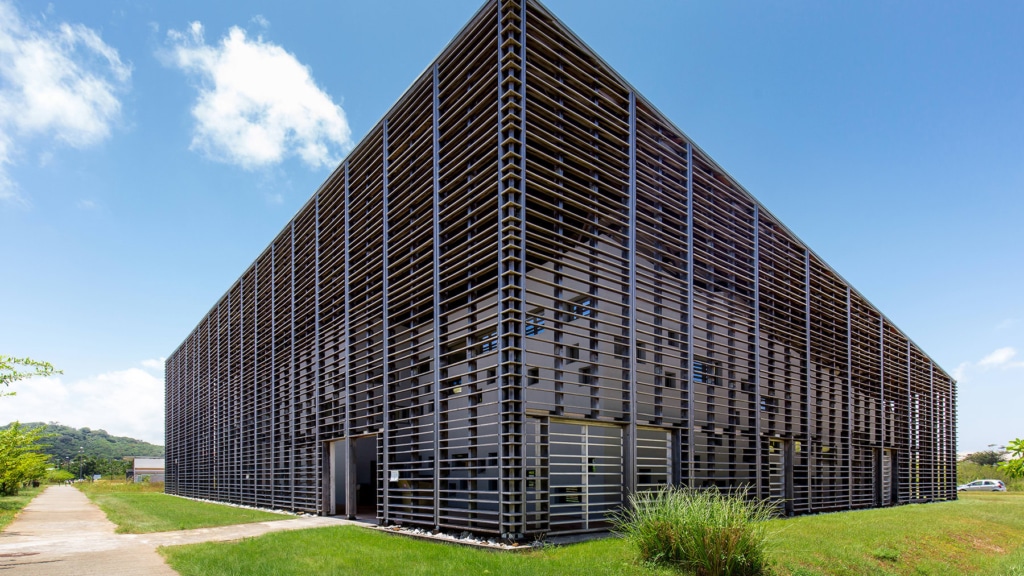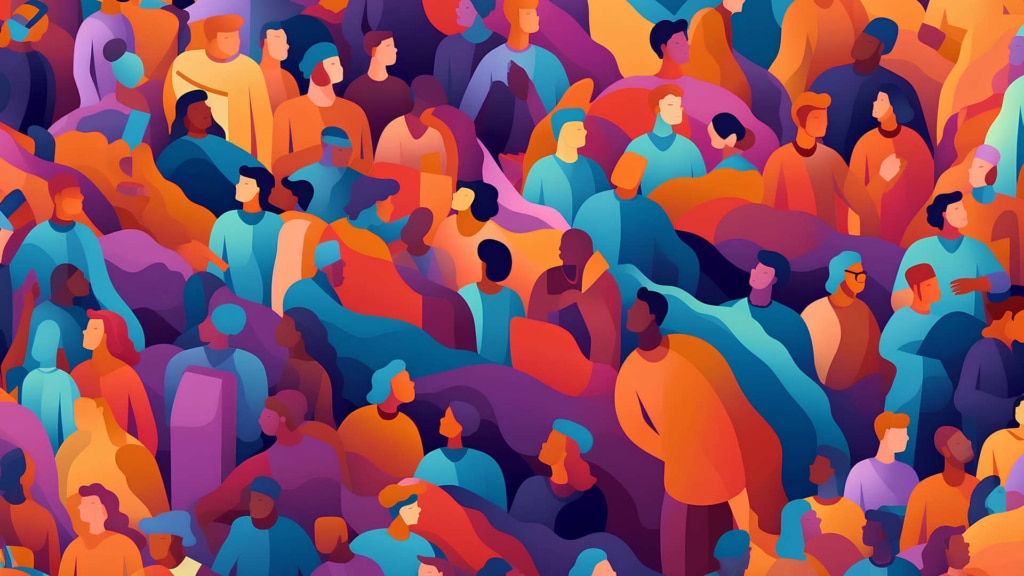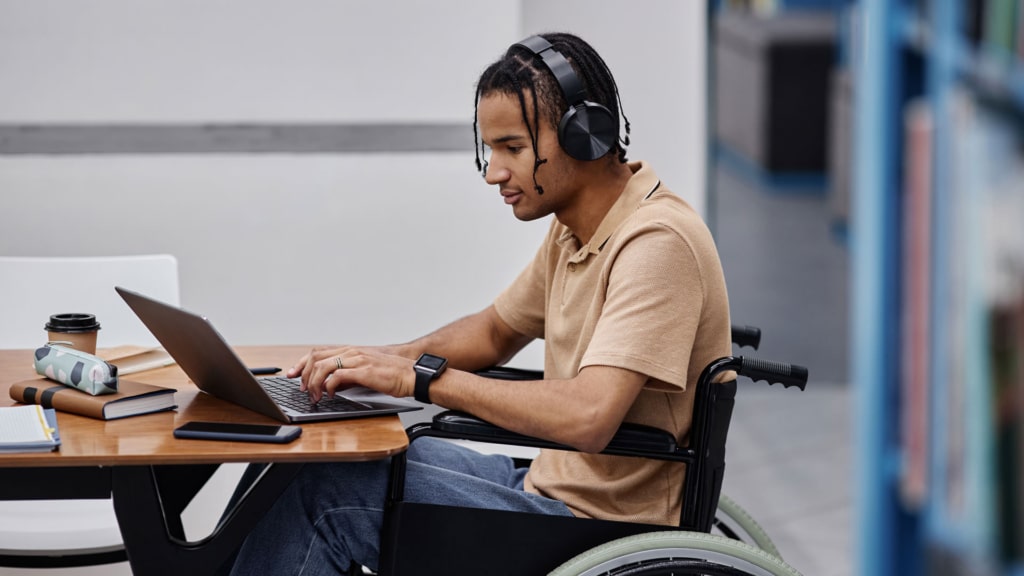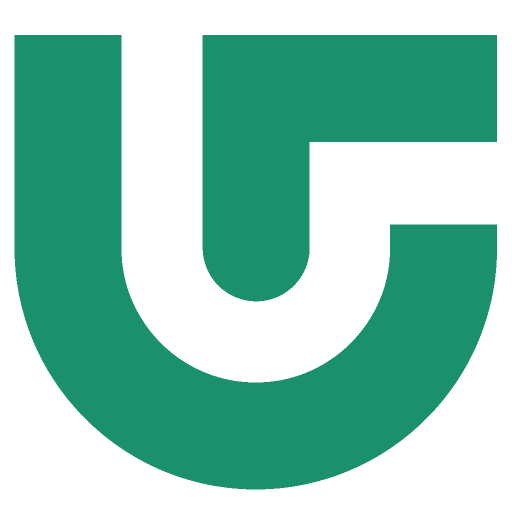Lhe BU organises training courses in documentary methodology and the use of digital resources for students. Tailor-made courses are offered throughout the year, as well as one-to-one meetings for lecturers who would like to learn more about a specific aspect of using a database or making the most of their research.
Licence
The Documentary Passport is part of an additional teaching unit: Documentary Research Methodology (MRD), designed for 1st year undergraduates. Its aim is twofold:
- help students to become autonomous in the BU
- provide students with a methodology for researching information and specific IT tools.
Documentary passport calendar :
The Documentary Passport runs throughout the 1st semester.
- September-October: One-hour face-to-face session: presentation of the Documentary Passport and the University Library
- October to December: online course, 2 online assessment MCQs
- December-January: one-hour MCQs in class
Training for doctoral students
As part of the Doctoral School, training in documentary research methodology is compulsory for the 1st year of doctoral studies and optional for subsequent years. Counted as doctoral credits, this course teaches students how to build a research and document monitoring strategy, as well as how to make the most of their work.
For further information, please fill in the form.
Timetable:
Doctoral courses take place during the first semester of the academic year. The calendar below shows the current courses by group.
In-depth training for teacher-researchers
The library offers one-to-one meetings to help you improve your knowledge of a particular database or tool. We can also provide you with information on the challenges of Open Access and guide you through the process of depositing your articles in open archives on the UG's Hal portal or on academic social networks (ResearchGate, Academia, etc.).
For further information, please fill in the form.
Voltaire Project
The University Library has taken out a subscription to the "Voltaire Project" for all students at the University of Guyana. This means that you can improve your French language skills free of charge from a platform that can be accessed online from the Campus computer workstations, on your smartphone or any other terminal.
The Voltaire Project provides a personalised spelling diagnosis and refresher course. It will enable each student to become aware of his or her difficulties and to remedy them. A 100-point, 50-minute placement test is offered on first connection. For each user, the platform draws up a personalised training programme, focusing on the spelling rules they have not mastered, broken down into 7 levels in ascending order of difficulty, enabling them to acquire the right automatisms. You can progress at your own pace, with no limits, from any terminal connected to the Internet.
Living on campus

Learning a language with the Language Resource Centre

University Library

Commitment bonus

Get moving with SUAPS

Culture

Equal opportunities

Disability Studies

Student entrepreneur

The Student and Campus Life Contribution (CVEC)

Community life

Orientation and reorientation

Preparing for your placement

Withdraw my diploma

Health and well-being

Digital services


